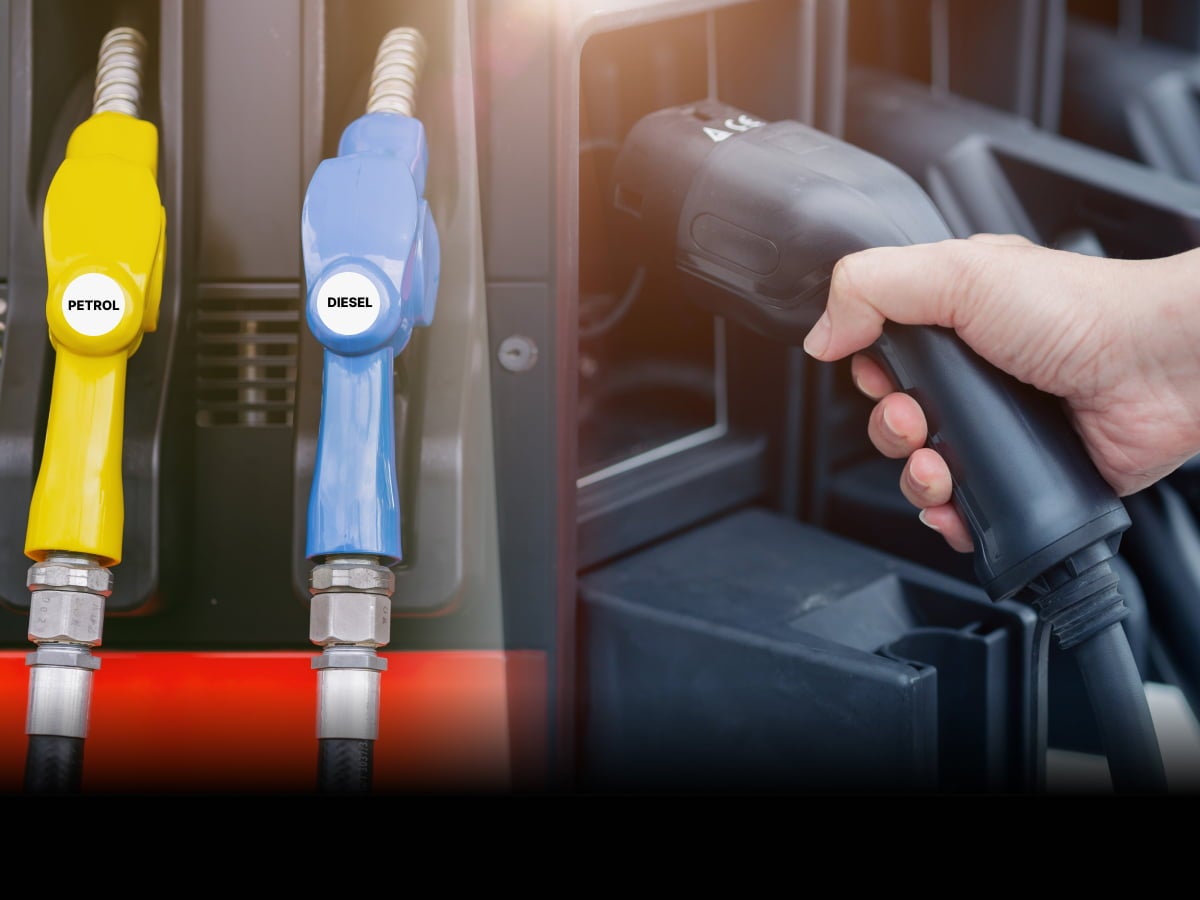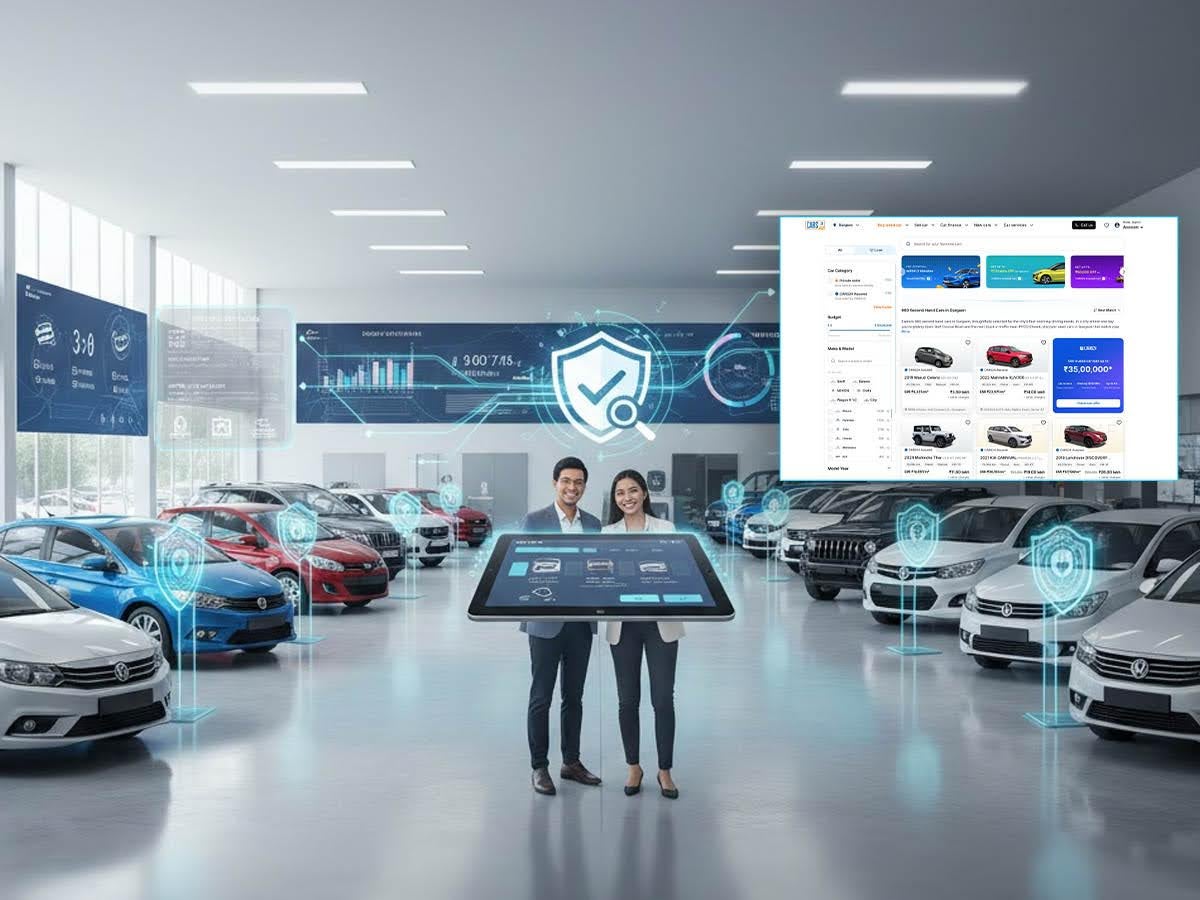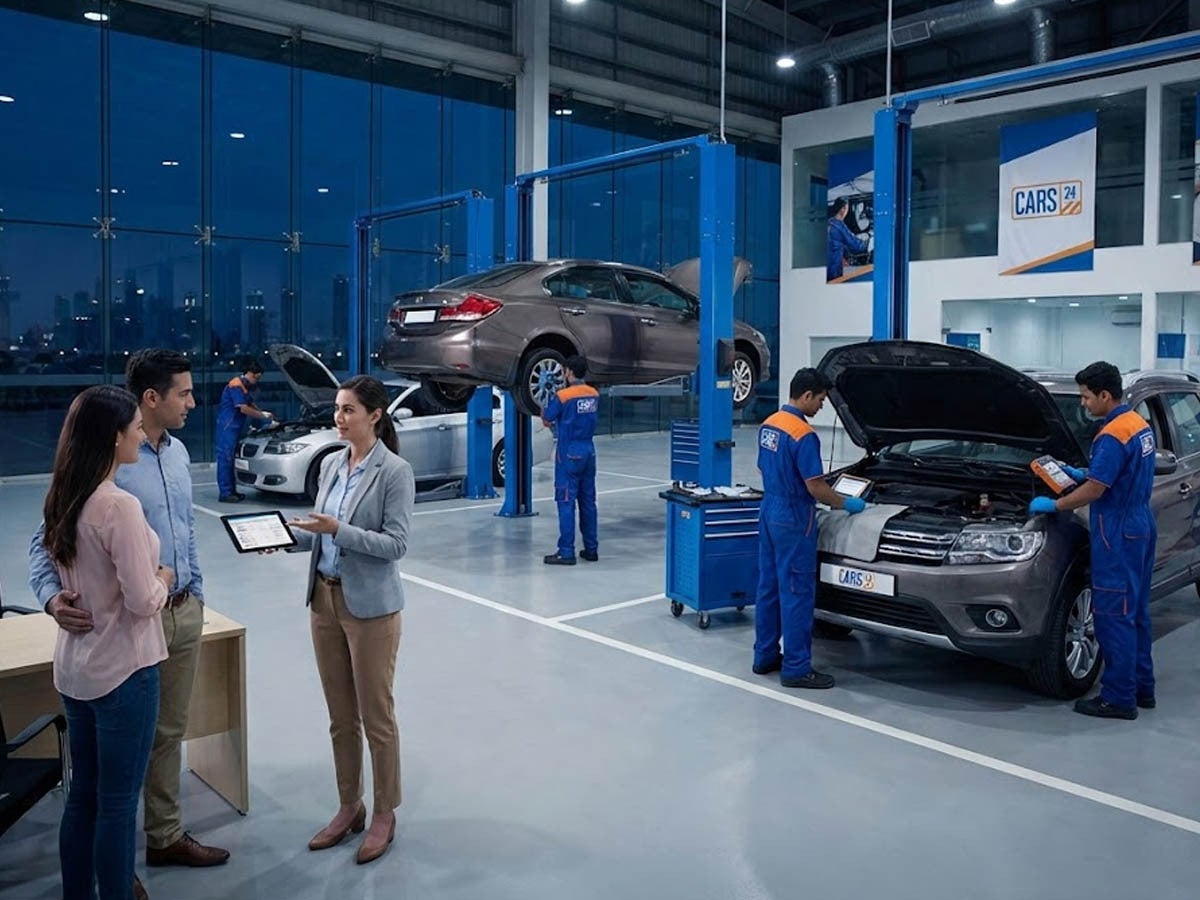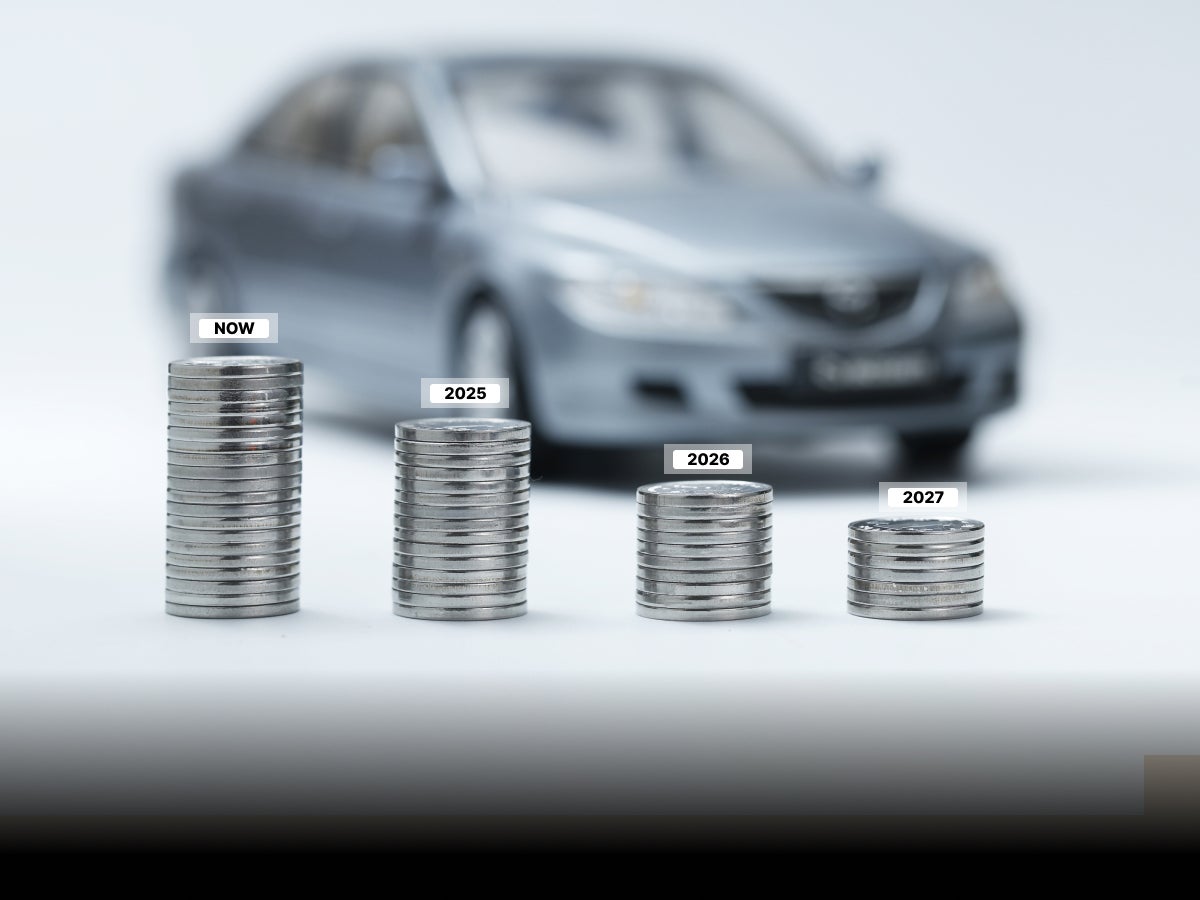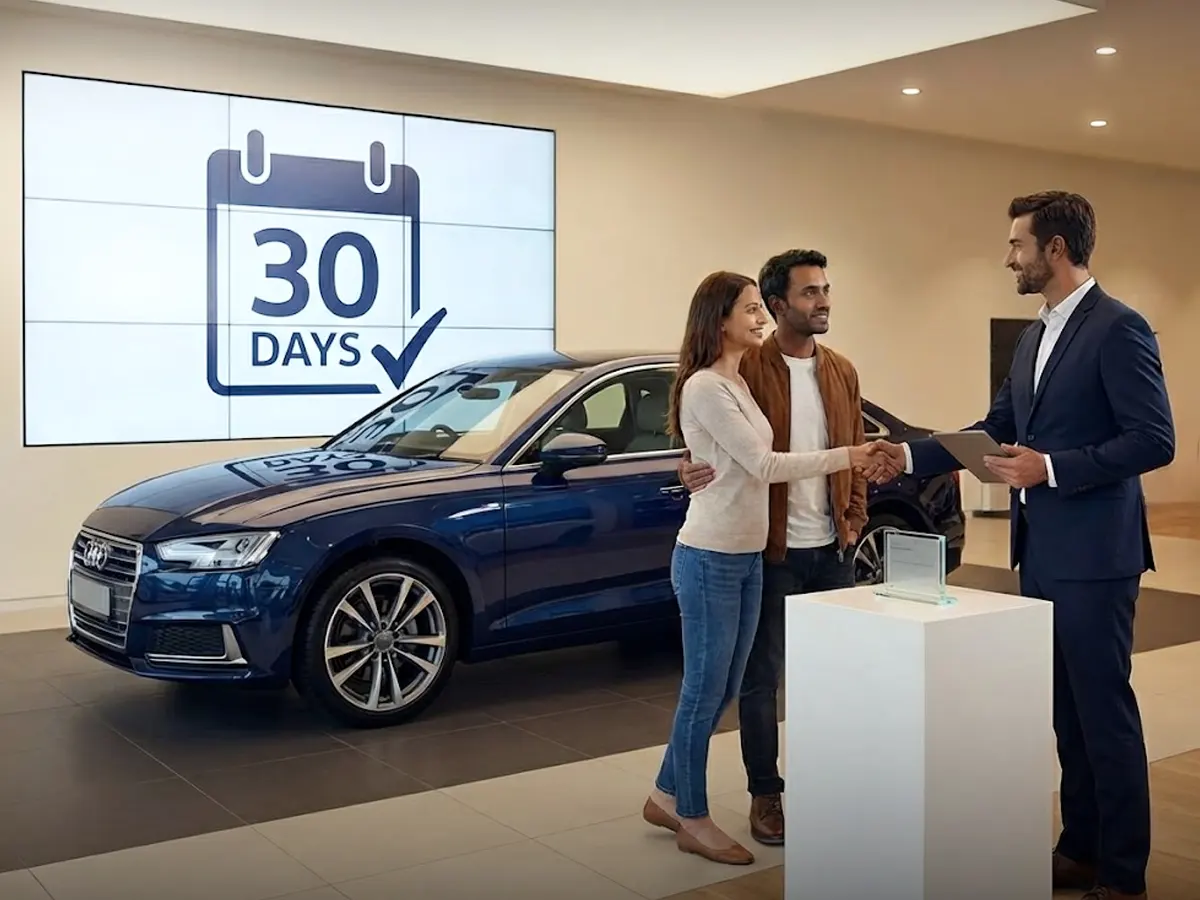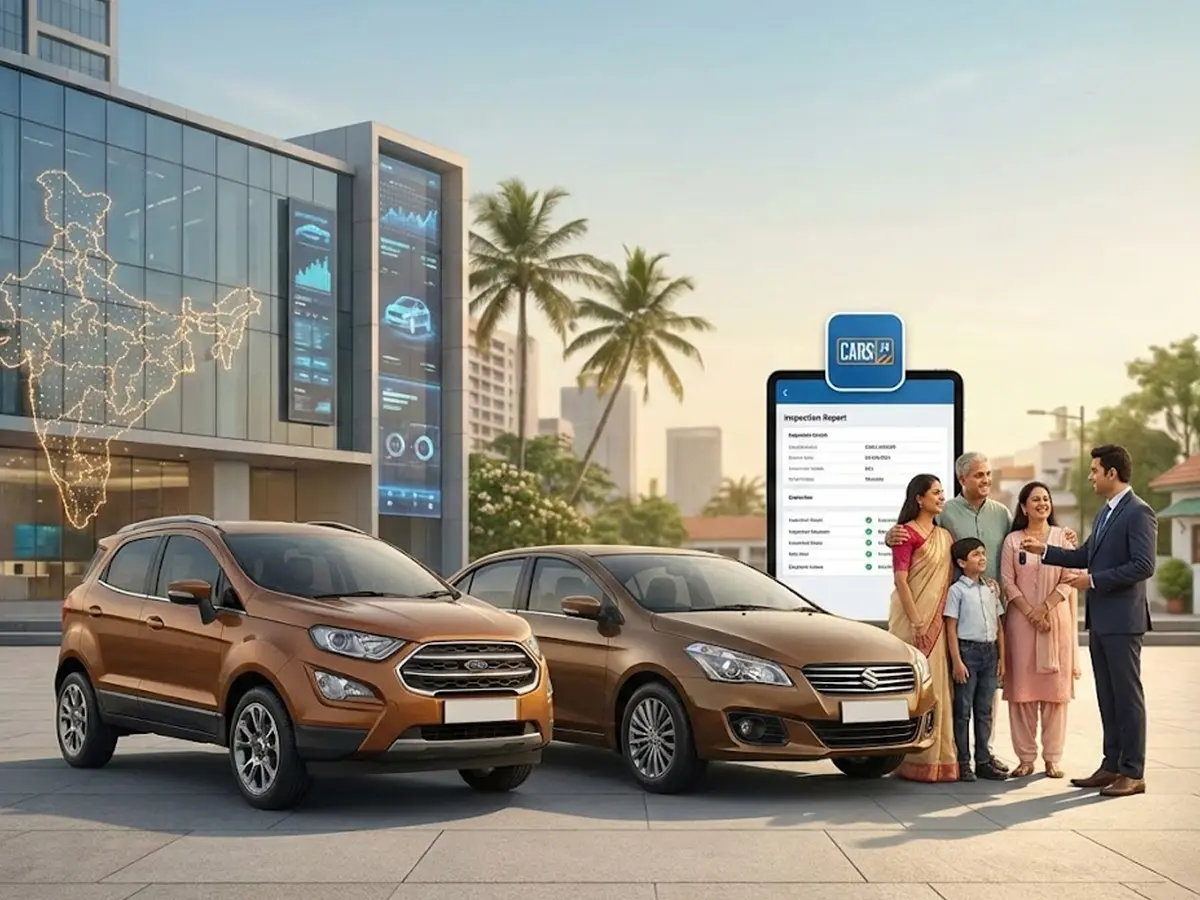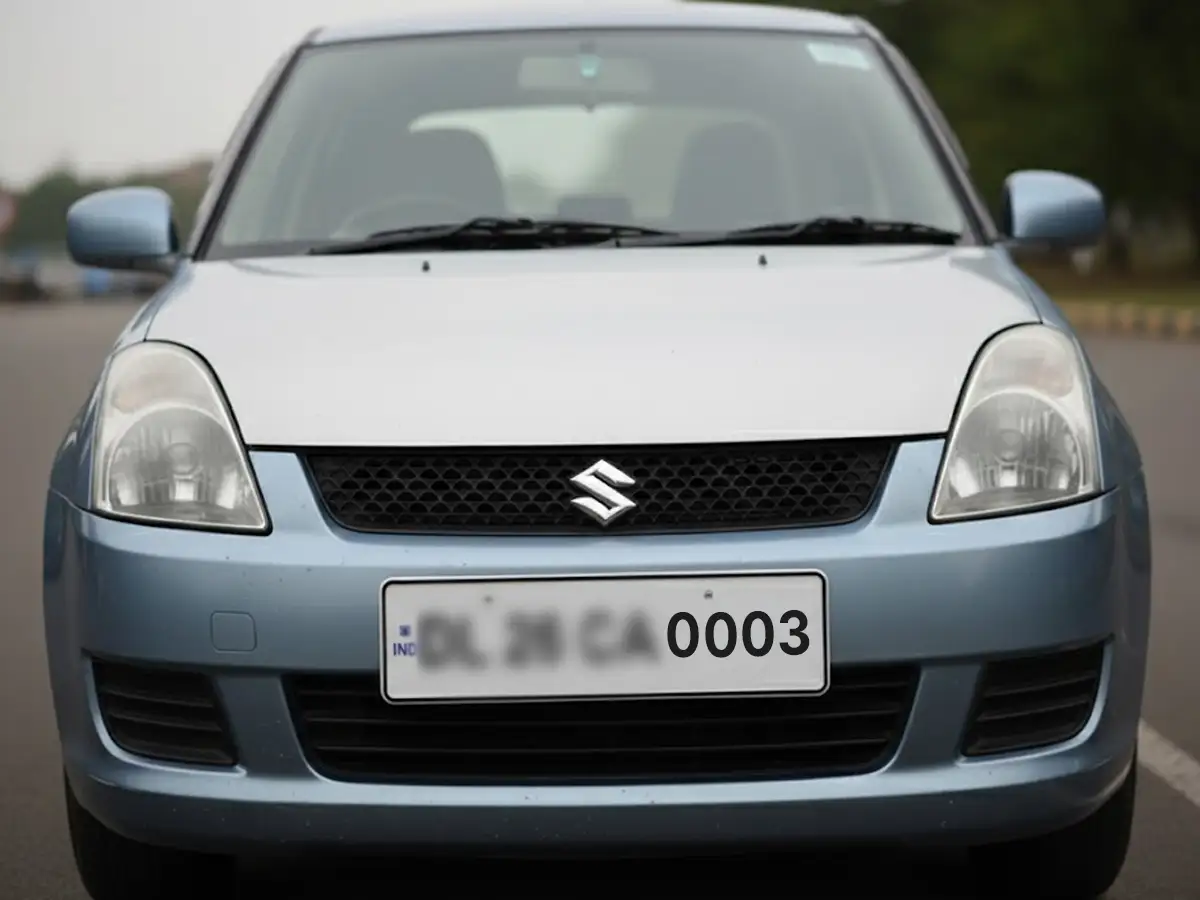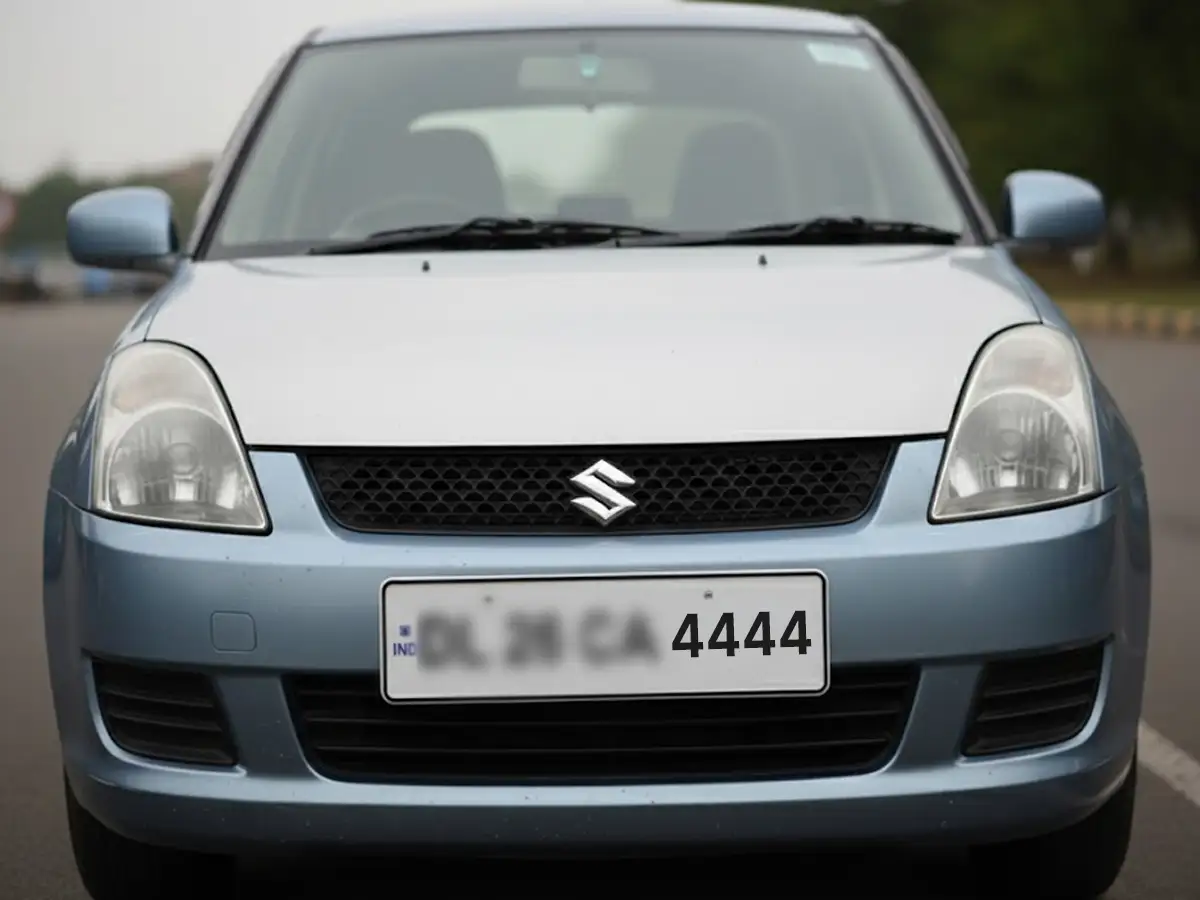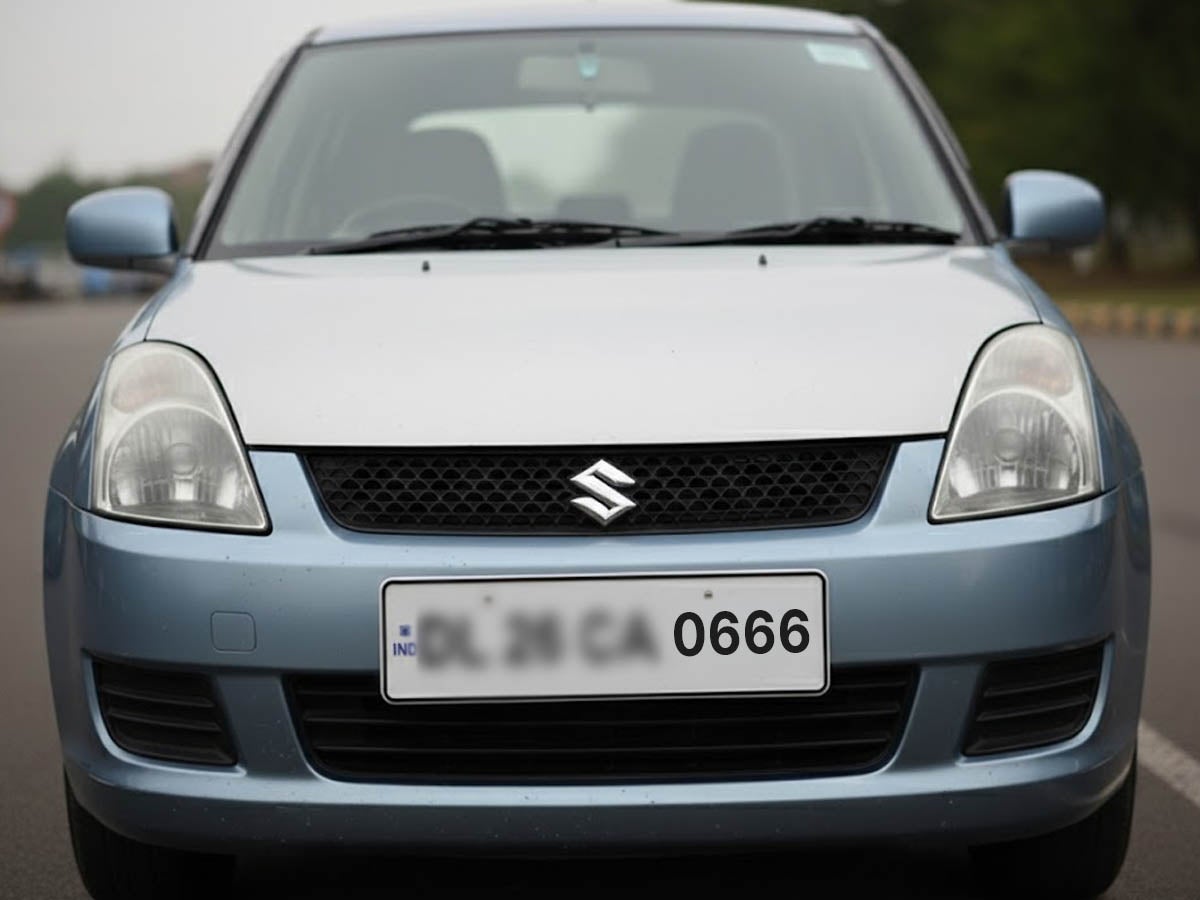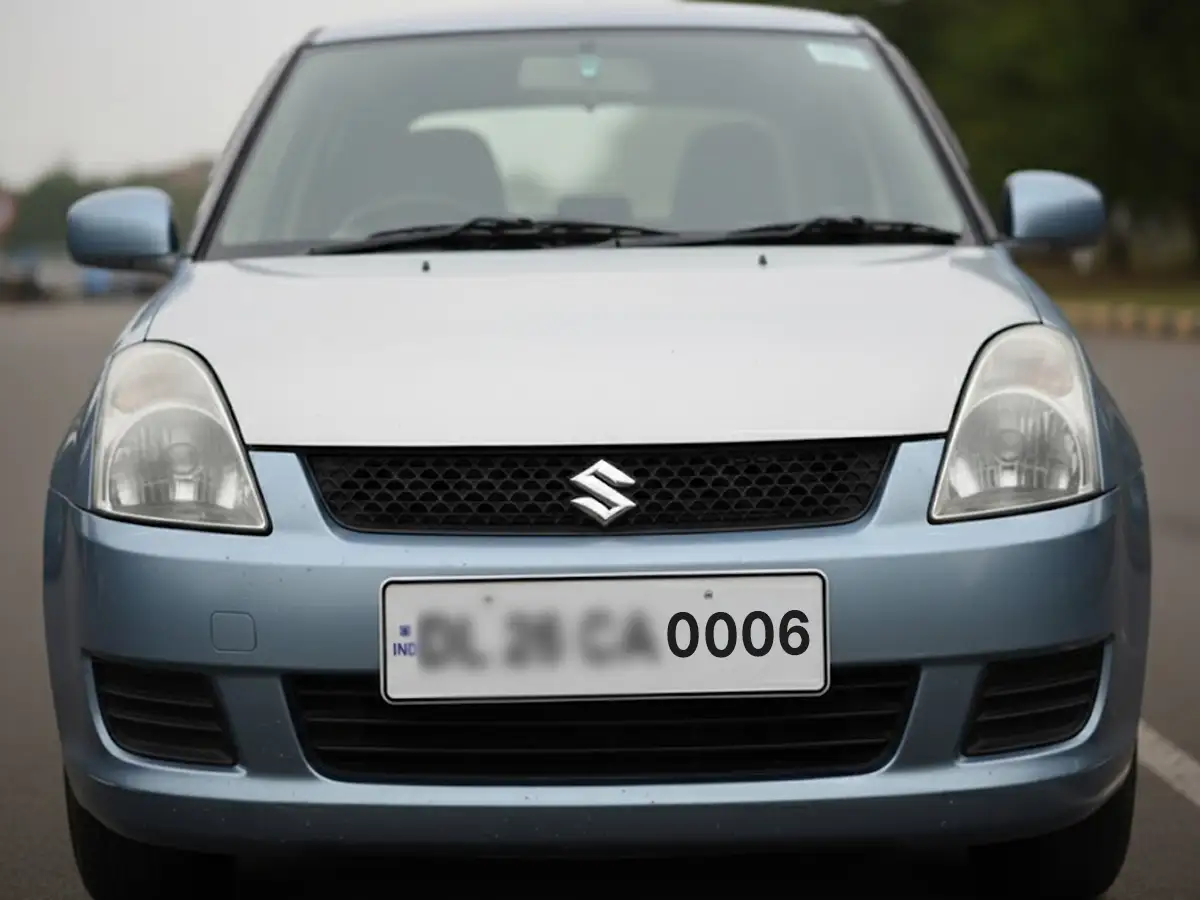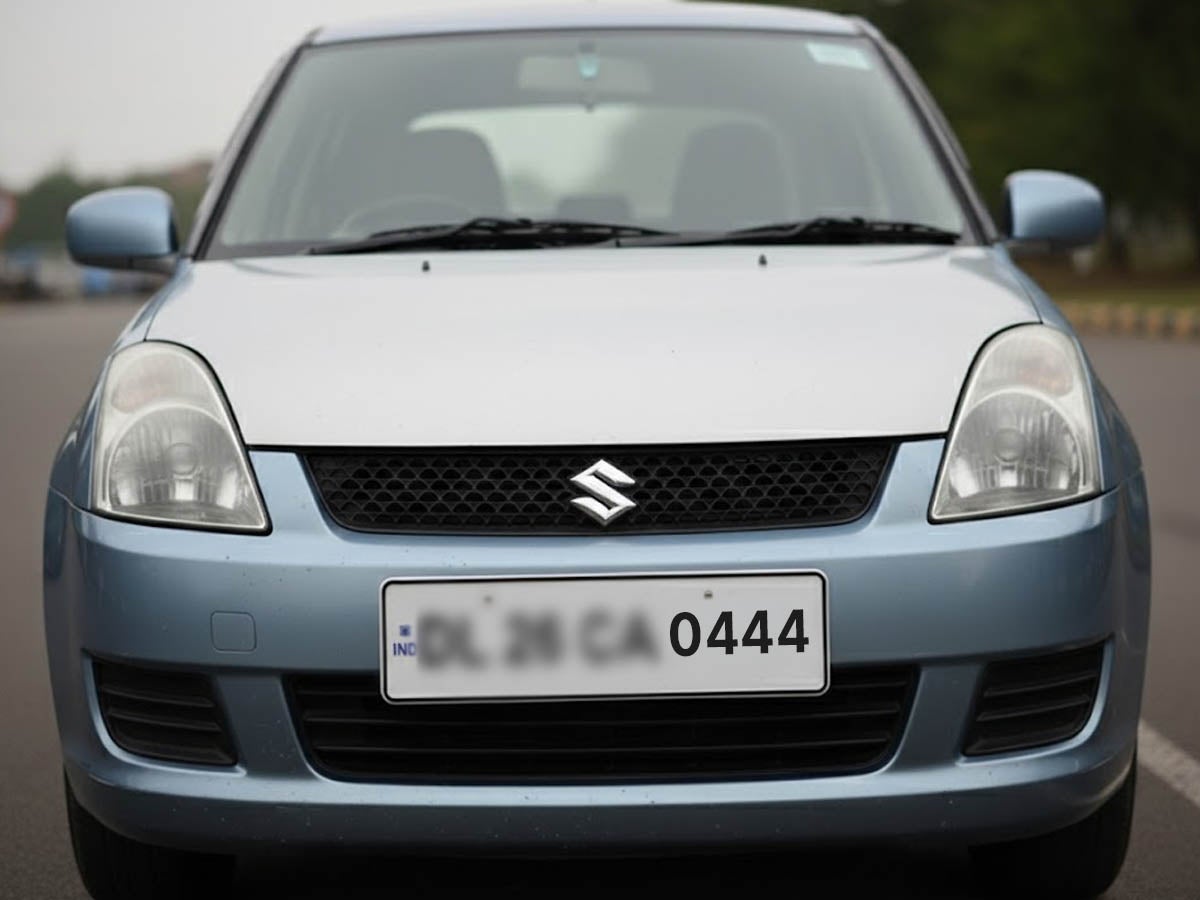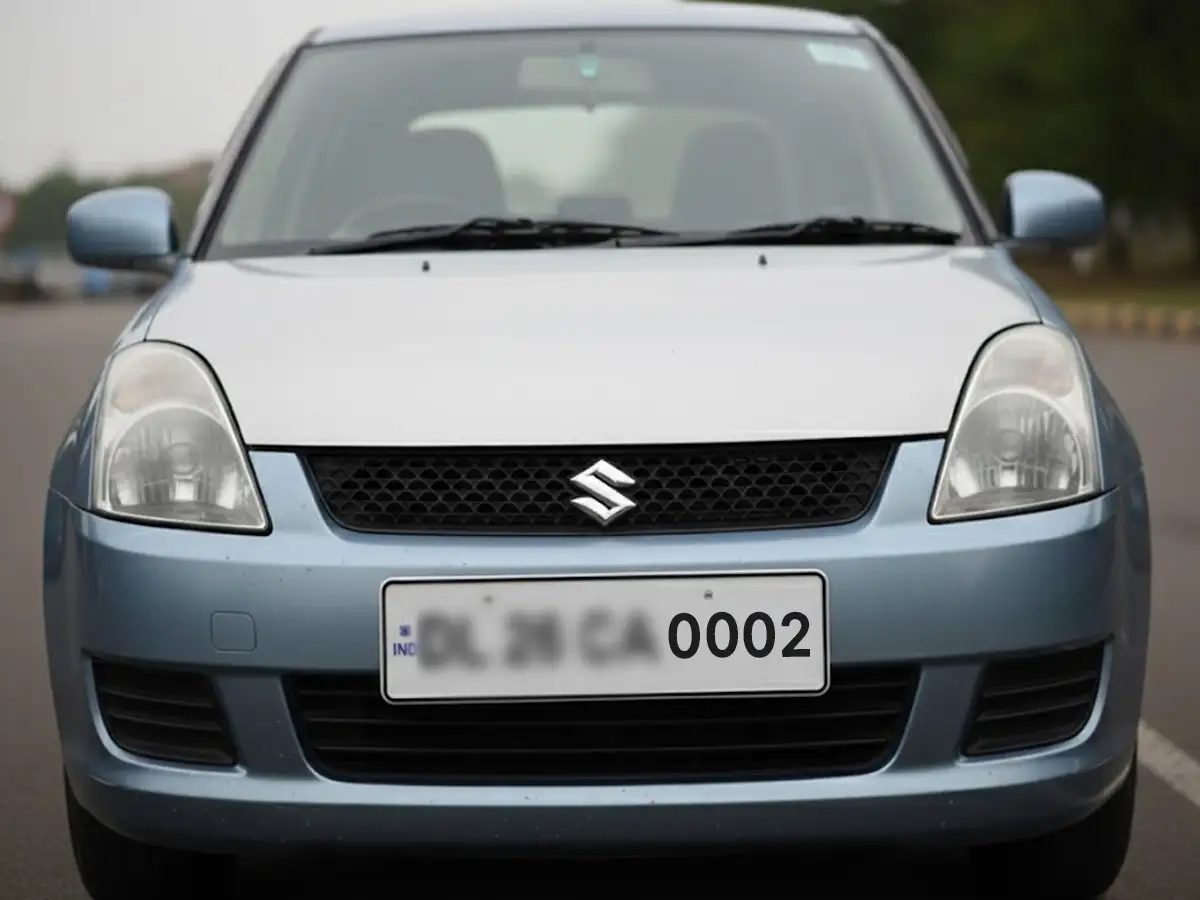

Mistakes to Avoid When Buying a Used Car
- 1Neglecting research leads to overpaying and missing better deals
- 2Failing to set a budget makes negotiations and car selection harder
- 3Skipping professional inspections can hide costly issues
- Neglecting Market Research
- Not Setting a Budget
- Overlooking the Total Cost of Ownership
- Failing to Factor in Future Resale Value
- Focusing Solely on Mileage and Age
- Disregarding the Vehicle’s Exterior and Interior Condition
- Missing out on a Professional Inspection
- Skipping the Test Drive
- Skipping the Paperwork Verification Process
- Buying Without a Warranty
While it’s not rocket science, buying a car requires prioritising your requirements, some in-depth market research, and even a bit of negotiation on price. This is true about cars both new and old. However, in the case of used cars, the process further involves being extra careful so you don’t end up with a problematic car. But surely there must be ways to steer clear of problems, and as long as you are aware of mistakes to avoid while buying a used car, you’ll be fine. We’ve listed some of the common things that people do when buying a used car that you must avoid at all costs.
Neglecting Market Research
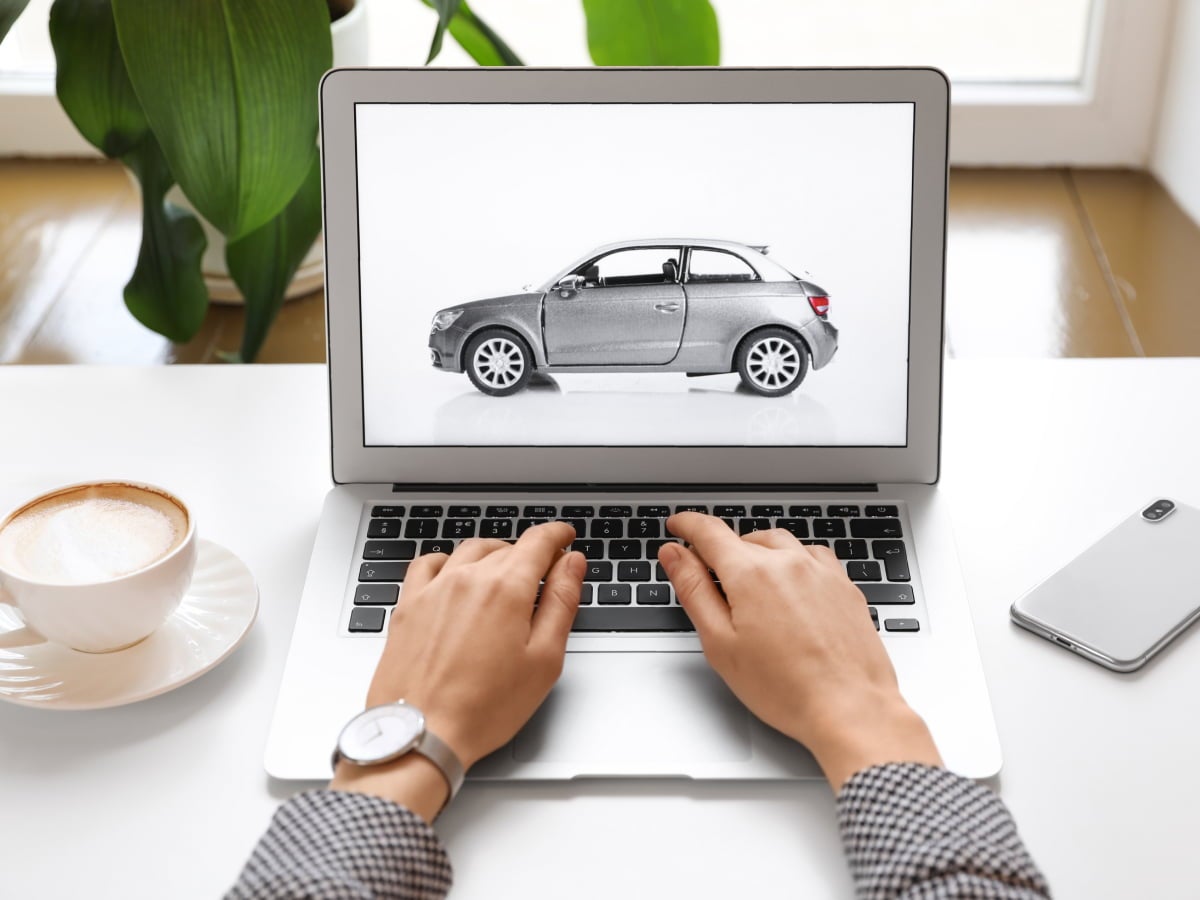
In the case of used cars, there can be no sudden decision — that you like a car and just buy it. It involves some level of market research, understanding how cars are valued, checking the current inventories, and then calculating which second hand car will suit you the most. Sometimes, waiting for the right time (like during off-seasons) can help you snag a great deal, while knowing brand-specific issues (e.g., known recalls or high maintenance costs) can save you from future regrets. If you neglect proper research, your choice will be affected, which increases the chances of you ending up with a car that’s priced higher than it should be.
This also means you might be unaware of the other cars you could potentially get for the same price. The used car market usually has gems that fit your exact requirements, but without research, you’ll only see what the dealer wants you to see. So, as a rule of thumb, when buying used, skipping research is one mistake you have to avoid at all costs.
With CARS24, all the research you need is at your fingertips. We offer detailed car listings with verified data, real-time pricing comparisons, vehicle specifications, and ownership history. Our smart filters help you narrow down the right car based on your needs and budget, all in one place. You’ll never have to rely on guesswork or scattered online information again.
Not Setting a Budget
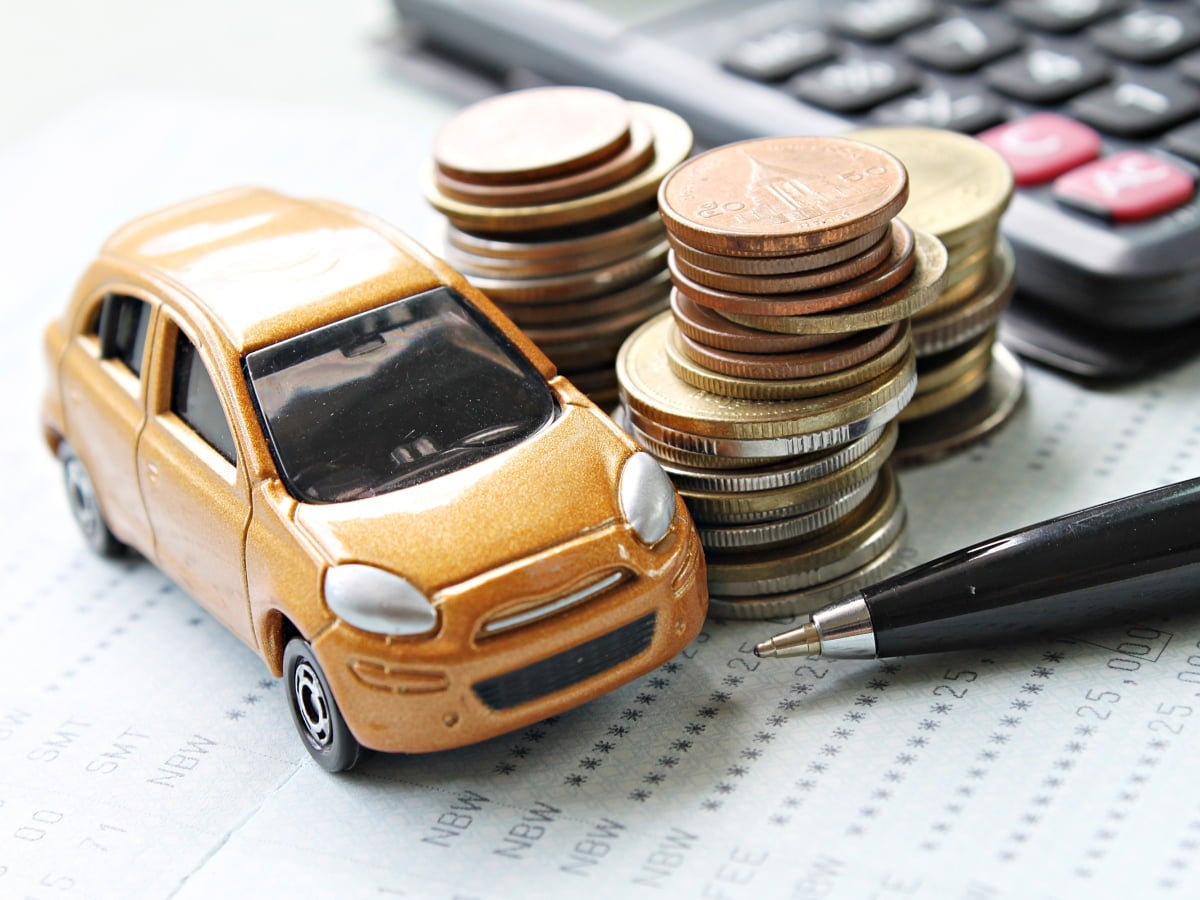
An important thing to remember when buying a used car is to have a slightly flexible budget. This way, depending on what’s available, you can get the car that seems perfect for you without making a financial mess. But you have to set a budget, among other priorities. Without a pre-defined budget, you’ll just be looking at all sorts of cars with no idea which one fits your requirements.
Overlooking the Total Cost of Ownership
Many buyers focus solely on the purchase price but forget to account for the long-term costs involved in owning a used car. This includes fuel efficiency, insurance premiums, repair history, and parts availability. A cheap car can end up costing more in the long run if it’s inefficient or has parts that are expensive to replace. It’s essential to factor in these costs when assessing your budget to avoid surprise expenses.
Failing to Factor in Future Resale Value
When purchasing a used car, consider how well it will retain its value in the future. Factors such as the car's make, model, age, and condition can significantly impact its resale potential. Vehicles that hold value tend to be more reliable, have lower depreciation rates, and are often in demand on the second-hand market. Doing this ensures you make a purchase that won’t be a financial drain when you decide to upgrade.
When you buy a used car from CARS24 and opt for the CARE+ package, you also get assured buyback for your car. This ensures you recover a dedicated amount of your investment with a guaranteed future buyback price, providing you peace of mind.
Focusing Solely on Mileage and Age
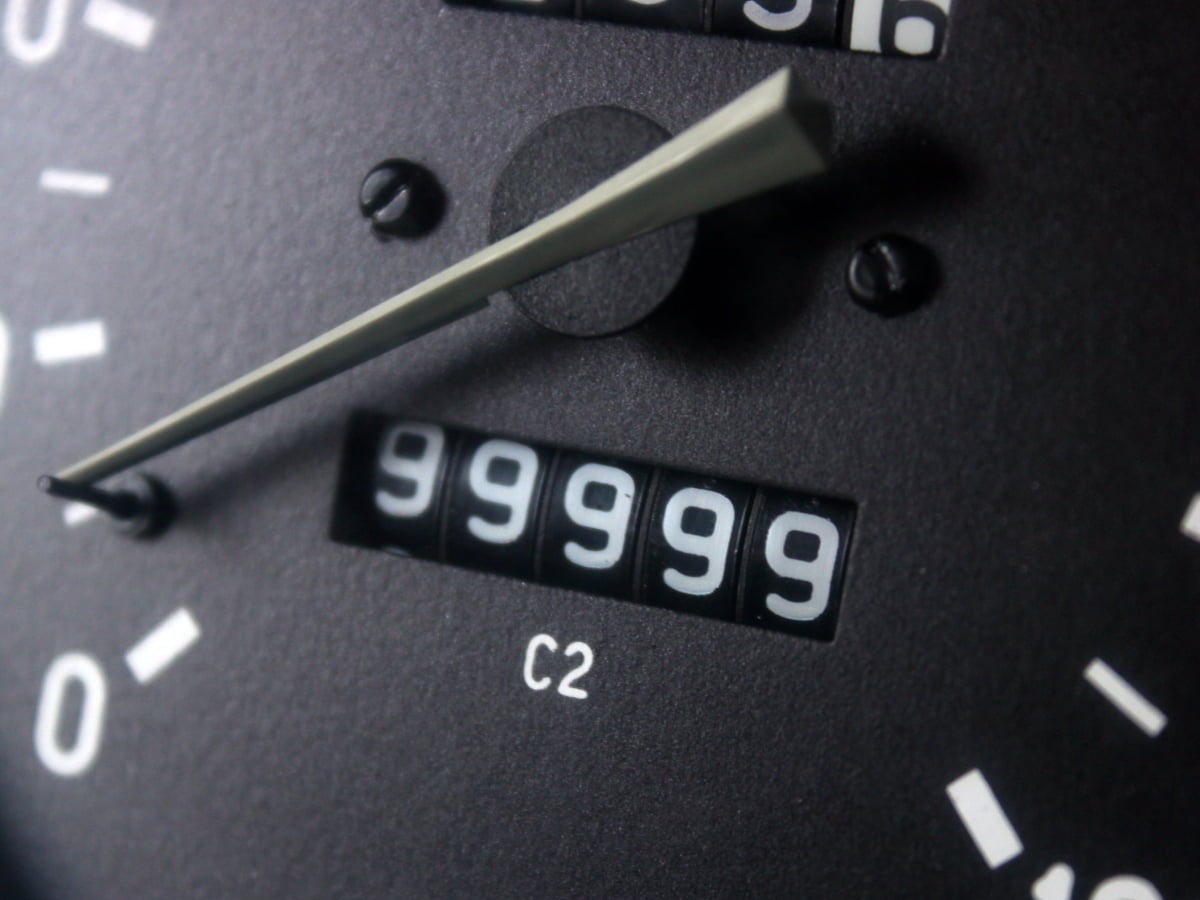
While low mileage cars are appealing, they don’t always guarantee reliability. A car’s maintenance history and how well it was cared for matter more than just its age and mileage. Some cars with higher mileage but well-documented service history can be in better shape than a newer car that was neglected. When evaluating a used car, consider the overall care and repairs it’s had, not just the numbers on the odometer.
A vehicle’s history can include the original paperwork, service history, and invoices to suggest what kind of repairs or replacements the said car has undergone. Getting a car without its history or in fact ignoring its history means turning a blind eye to possible accidental repairs. And without understanding the extent of repairs, you will never know if the car is actually safe to be driven anymore.
Disregarding the Vehicle’s Exterior and Interior Condition
Scratches and dents may seem cosmetic, but they can reveal a deeper issue, such as prior accidents or poor maintenance. Similarly, a well-worn interior might indicate a car that has been heavily used and possibly abused. Look for consistent wear and tear and ask the seller about any significant cosmetic repairs. Even minor issues, if widespread, could point to poor overall upkeep, which can affect the car's lifespan.
Missing out on a Professional Inspection
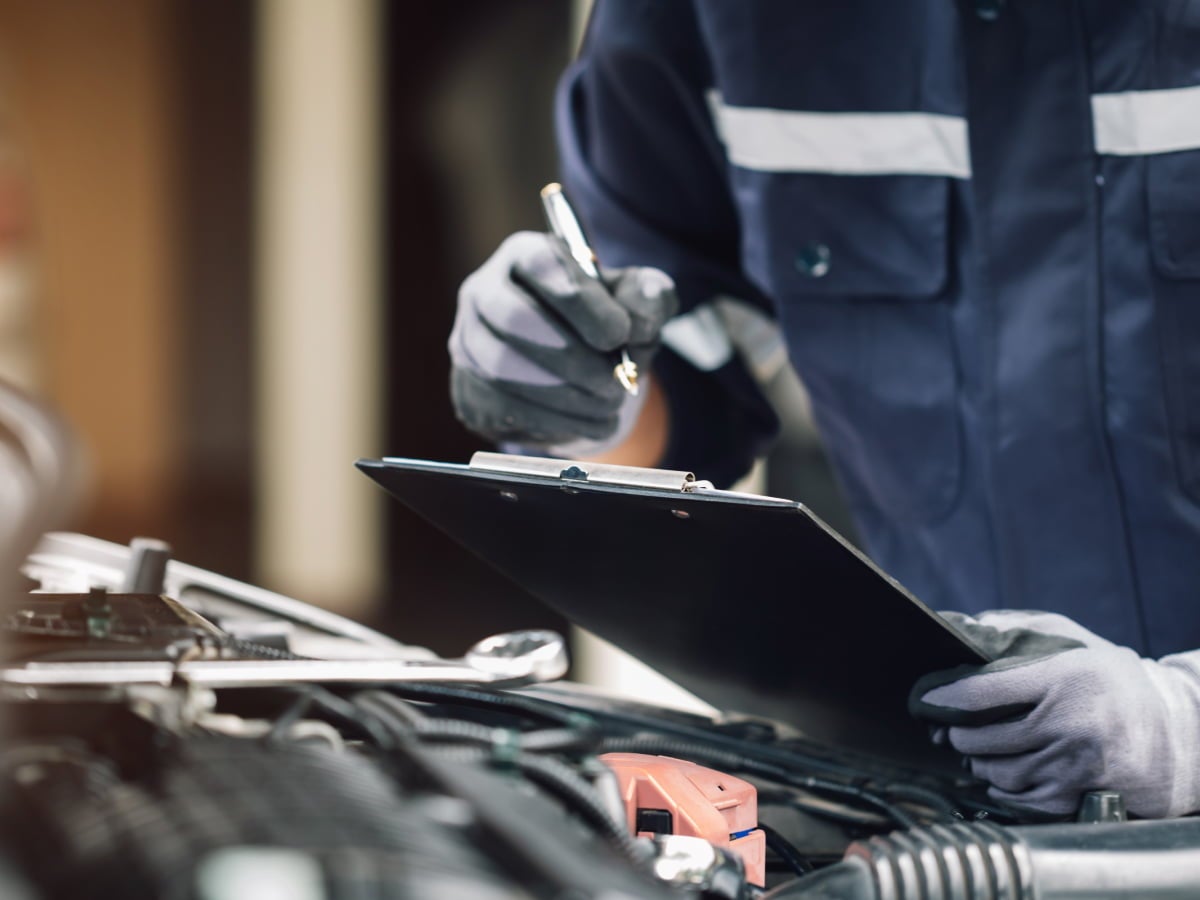
Just because a car looks good doesn’t mean it is. Professional inspections go beyond what you can see or feel during a test drive. A certified mechanic can uncover hidden problems, like rust in hard-to-see areas, transmission issues, or past accidents that weren’t disclosed. Sometimes, these issues might not be obvious, but they could end up costing you a lot. Always invest in a comprehensive pre-delivery inspection to avoid buying a problem car.
Every CARS24 car undergoes a rigorous 300-point inspection. Our trained automotive experts check everything from engine health to brake pads, tires, battery, and suspension. The inspection report is available online, so you can review it in detail before buying. Plus, our CARE+ plan gives you access to an extended warranty and free servicing, adding even more confidence post-purchase.
Skipping the Test Drive

In addition to the vehicle history (and corresponding PDI report), what reveals a lot about a car’s actual condition is a test drive. This enables you to see or feel if there are any deviations from how a standard car drives. Not just that, some modifications that are illegal and a possible problem in the long run, can also be looked for during the test drive. Skipping a test drive means you end up ignoring all these signs, which could have quite easily pointed towards the car’s real condition.
A test drive is more than just checking if the car runs. It’s your opportunity to gauge how well the car suits you. Pay attention to how it feels on the road—listen for unusual noises, check the comfort level of the seats, and make sure the car handles smoothly. Beyond the mechanical performance, ask yourself if this car fits your driving habits and lifestyle. A test drive is also a chance to check if the air conditioning, entertainment system, and other features work properly.
Enjoy the convenience of a free Home Test Drive with CARS24. No need to visit dealerships or coordinate with sellers, just book online, and we’ll bring the car to your doorstep at your preferred time.
Skipping the Paperwork Verification Process
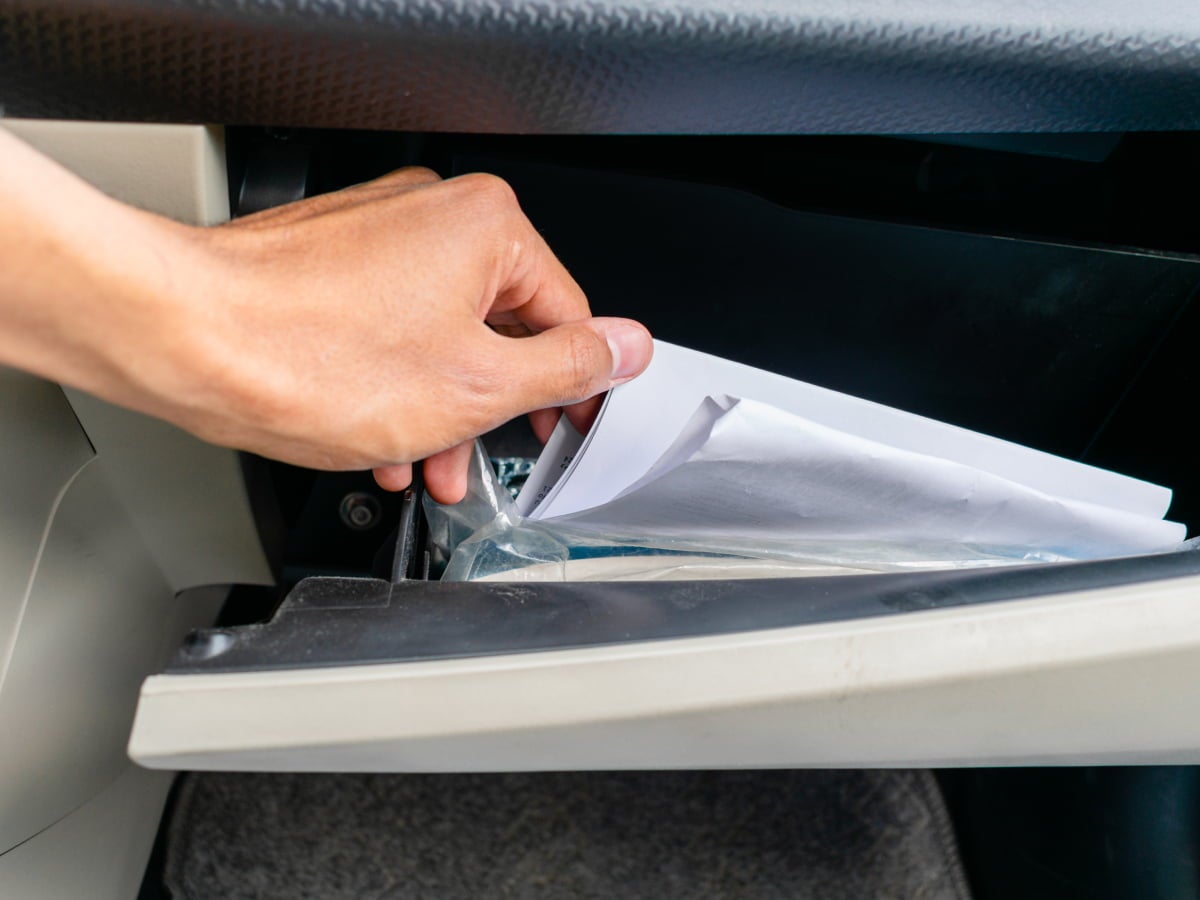
Documentation is an integral part of car ownership, especially for used cars. Not just for when it comes to transfer of ownership, these documents can put a seal of approval on the car’s originality. Past documents reveal a lot about a car’s history, previous owners, timely service, and even proof of purchase. Failing to verify these documents is a potential pitfall because documentation can be a great way to verify a car’s history. Forged paperwork is a possible way to scam buyers and can make owning a car illegal. If you don’t verify documents, you ignore all of this, making yourself more susceptible to these pitfalls.
As mentioned previously, the PDI report can verify things like the number of previous owners, PUC, fitness certificate, insurance, and even hypothecation or loan status.
Buying Without a Warranty
Warranty is crucial on both new and used cars because this safeguards you against possible mechanical defects or failures. This is also a point of relevance when buying a premium used car, where replacement costs are substantial. While some cars might be listed for marginally less money, if they don’t have a warranty, you might end up with a car that requires part replacements that can potentially make ownership more expensive than you accounted for.
For added peace of mind, CARS24 offers extended warranty coverage of up to 3 years or 45,000 km. You can also opt for the CARE+ package, which includes more than just extended warranty plans. With CARE+, you get protection beyond the standard warranty, covering key components like the engine, transmission, brakes, AC system, and more. Whether you're buying a used car for daily commuting or long drives, CARE+ ensures you're safeguarded against unexpected repair costs. It also includes benefits like free servicing, 24x7 roadside assistance, and hassle-free claims, making your ownership experience smooth, reliable, and worry-free.
Frequently Asked Questions
Expand all



